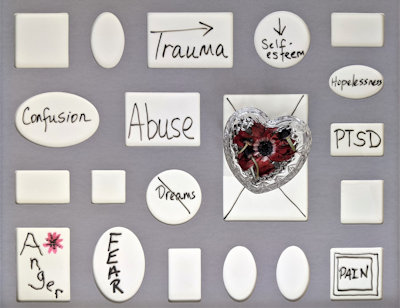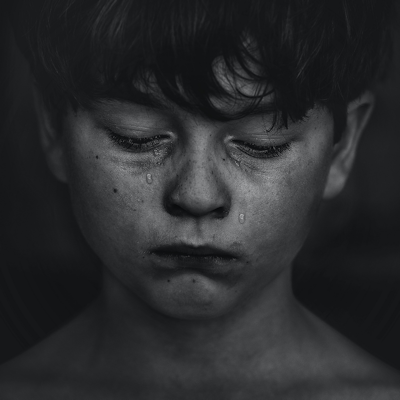Understanding Trauma
Trauma affects children and adults in many different ways, often shaping emotions, behaviors, and relationships. These articles help explain what trauma is, how it impacts lives, and why understanding it is the first step toward healing and support.
The Lasting Impact of Childhood Trauma on Suicide Risk
Childhood experiences shape the foundation of who we become as adults. While nurturing environments foster resilience, love, and growth, traumatic experiences in childhood can leave invisible scars that last a lifetime. One of the most devastating consequences of unresolved trauma is the heightened risk of suicide. As we recognize Suicide Prevention Month, it is critical to understand how childhood trauma impacts mental health and to highlight the importance of prevention, intervention, and support.
Youth PTSD
When children live through traumatic events PTSD is a real risk. The traumatic events that may lead to PTSD include being the victim of a violent crime, which includes both physical and sexual abuse. Other traumas include school shootings, fires, floods, and car accidents. Additionally, the death of a loved one or suicide can trigger PTSD.
The Lifelong Toll of Child Sex Abuse
The effects of child abuse are long-lasting, and victims deal with them for years. They may experience feelings of distress and display symptoms of a psychological issue, in both the short-term and the long-term. They will often feel distrustful, powerless, and ashamed. It can disrupt their emotional development, and it also increases the risk of further victimhood.
The Effects of Child Abuse
Children have the right to live in a home that is free from violence, they have a right to have a safe childhood. Child abuse is an experience that infringes on that right to safety.




